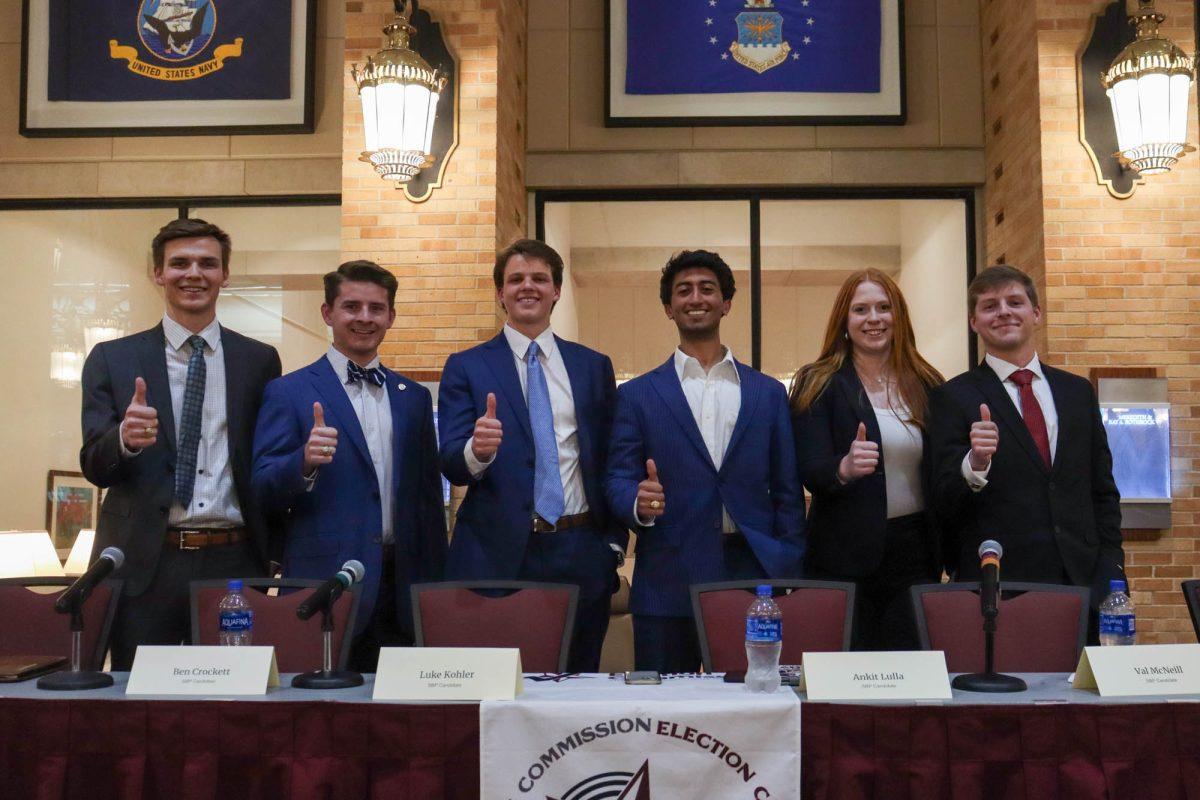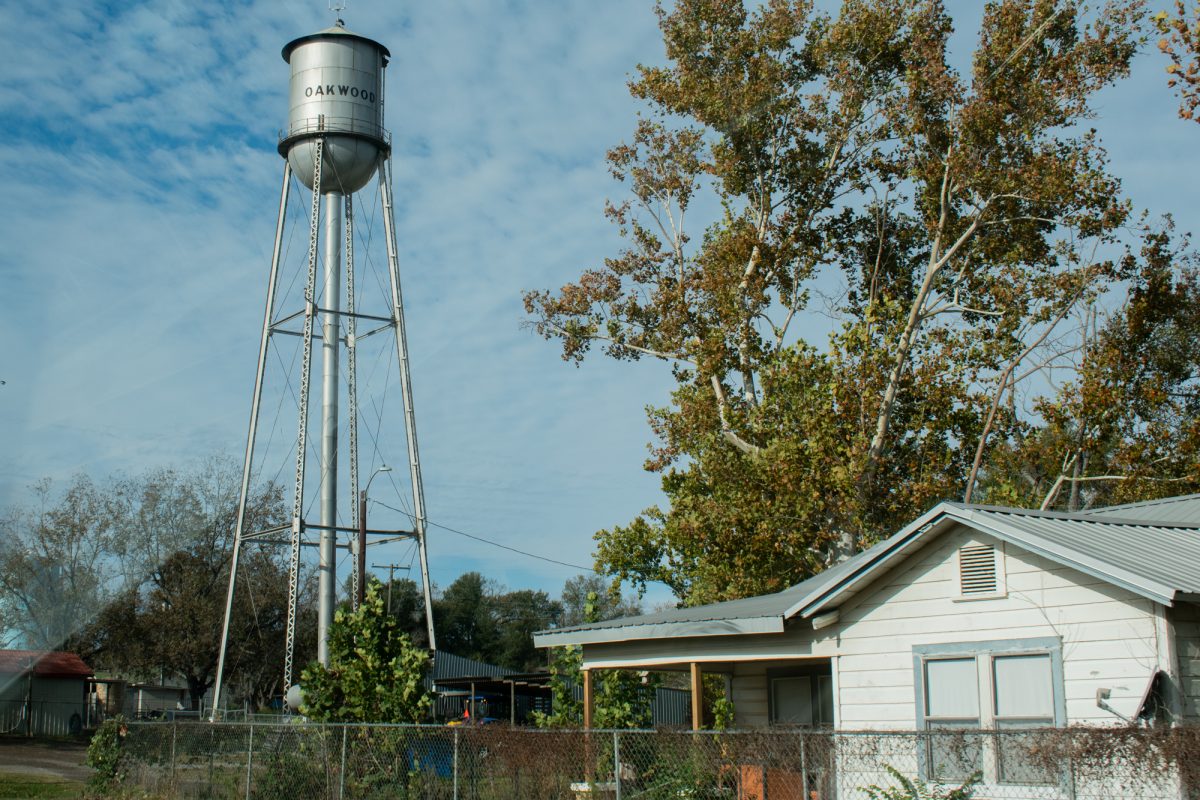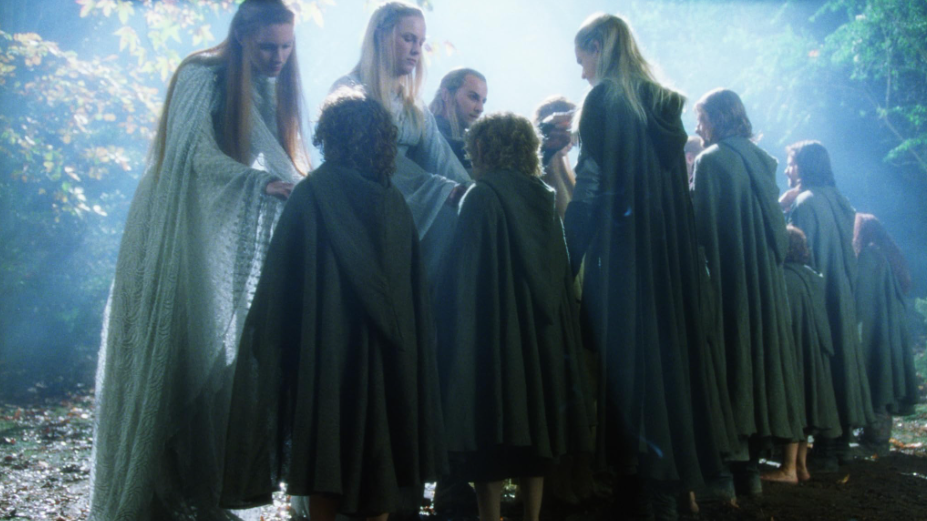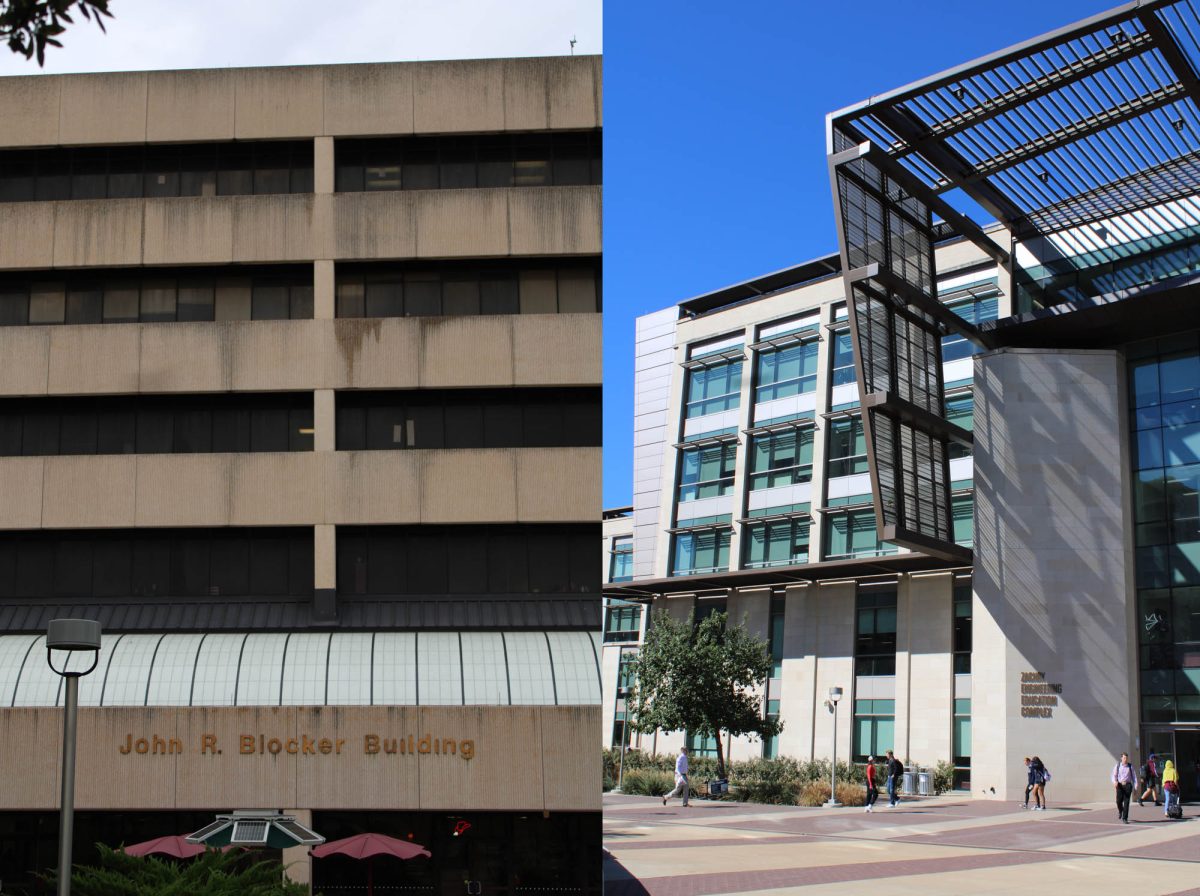The notion of “life begins at conception” is a loaded statement championed by conservatives to provide the pretense that biology is somehow on their side. Oftentimes, this statement is made by individuals who have no notion of embryology or simply cherry-pick which factual biological statements they support. The fact of the matter is that it does not matter when biology dictates life begins. Rather, the issue is when does the agency of the fetus preclude agency of the mother. By this standard it is not a biological issue, but an ethical one settled by Roe v. Wade and confirmed by Casey v. Planned Parenthood.
However, the weaponization and misrepresentation of biology continues with the stunning decisions by the conservative majority of the United States Supreme Court. Of course, I am particularly referencing the case of Dobbs v. Jackson which stripped women of the right to privacy granted to them by Roe v. Wade. Defense lawyers utilized the work of neuroscientist Giandomenico Iannetti in the ruling to bolster their argument that a fetus can feel pain before 24 weeks of gestation and does not need a cerebral cortex to feel pain. This claim is “a misrepresentation,” according to Iannetti in an article with The Guardian and “an unjustified leap”.
The abuse of biology cannot be understated as this landmark decision relegates women in almost half of the U.S. to second-class citizens, unable to make basic choices regarding their bodily autonomy when impregnated. By delegating abortion laws to the states, women in Republican controlled states are disproportionately restricted from rights granted to others in democratically controlled states. In addition, this creates an untenable situation for women, particularly those residing in swing states, with the potential to lose or gain access to essential health care every election.
While benefiting from the inherent fact that I am a male pursuing his Ph.D., it would be far too easy to dismiss this ruling and silently focus on my studies and teaching. Normally, I would leave the political realm to my vastly more intelligent and well-versed partner who dedicated her college career to the noble pursuit of public service and political thought. However, it would be disingenuous to pretend that as a biologist and partner this ruling has no impact on my life and career. Indeed, as my partner and I discuss starting a family, a lingering thought in the back of our minds is access to appropriate health care should something go horribly wrong.
As residents of Texas, our options are severely limited with the implementation of Texas House Bill 1280, a trigger law that dictates an individual is a felon if, “a person knowingly performs, induces, or attempts an abortion.” By definition this law creates an invasion of privacy, not only for surgical and medical abortions, but miscarriages as well. As noted by Planned Parenthood, the medical definition for a miscarriage is a “spontaneous abortion.” Currently, it is estimated that between 10-15% of pregnant women experience miscarriages, though that number is most likely under-representative, per the World Health Organization. With Texas House Bill 1280, the burden is placed on women who experienced a miscarriage to defend this tragedy against a jury of their peers. To pretend that criminalizing a woman experiencing one of the most traumatic moments of her life is anything but a waste of judicial resources is philosophical gymnastics at its most extreme.
The issue at hand extends even further for Texas residents. The Harvard Business Review in 2021 highlighted the numerous barriers to healthcare, with Texas ranking 42nd in a measure of overall health system performance and possessing the highest uninsured rate, in part because it has not expanded Medicare. With the banning of abortions in Texas, it will be those who are unable to travel to refuge states that will suffer the most from the poor planning of the Texas healthcare system. The inability to pay for travel, let alone the egregious hospital bills from giving birth, will decimate an already struggling middle and lower class. Relief remains to be seen with no current bills on the docket to lower the uninsured rate or address outrageous hospital costs, even as the few remaining abortion clinics close around the state. Finally, I want to emphasize — abortion care is healthcare. For example, ectopic pregnancies will not only never be viable, but also directly threaten the health of the pregnant individual. Without appropriate abortion care, they face internal bleeding, damage to their reproductive organs and death.
As a biologist, I am an advocate for equal access to the healthcare that an individual requires. As a partner, I am an advocate for equal access to the reproductive care that an individual requires. By restricting women from adequate access to care, it condemns them to undue pain and suffering. Whatever your stance on abortion may be, granting only those with the means to circumnavigate the state’s abortion laws to ascertain the necessary care is not only discriminatory, but archaic. The ruling of Dobbs v. Jackson is not just a misuse of biology, but a dismantling of women’s healthcare. The damage from this verdict will take years of advocacy and potentially decades to correct.
Ryne Maness is a graduate student pursuing a Ph.D. in biology at Texas A&M.
Opinion: The misuse of biology, its impact on women’s healthcare
July 3, 2022
Photo by Photo by Ishika Samant
Following the Supreme court’s decision to overturn Roe v. Wade on Friday, June 25, hundreds of protestors gathered at Republic Square in Downtown Austin and marched to the Texas State Capitol.
0
Donate to The Battalion
Your donation will support the student journalists of Texas A&M University - College Station. Your contribution will allow us to purchase equipment and cover our annual website hosting costs.
More to Discover















